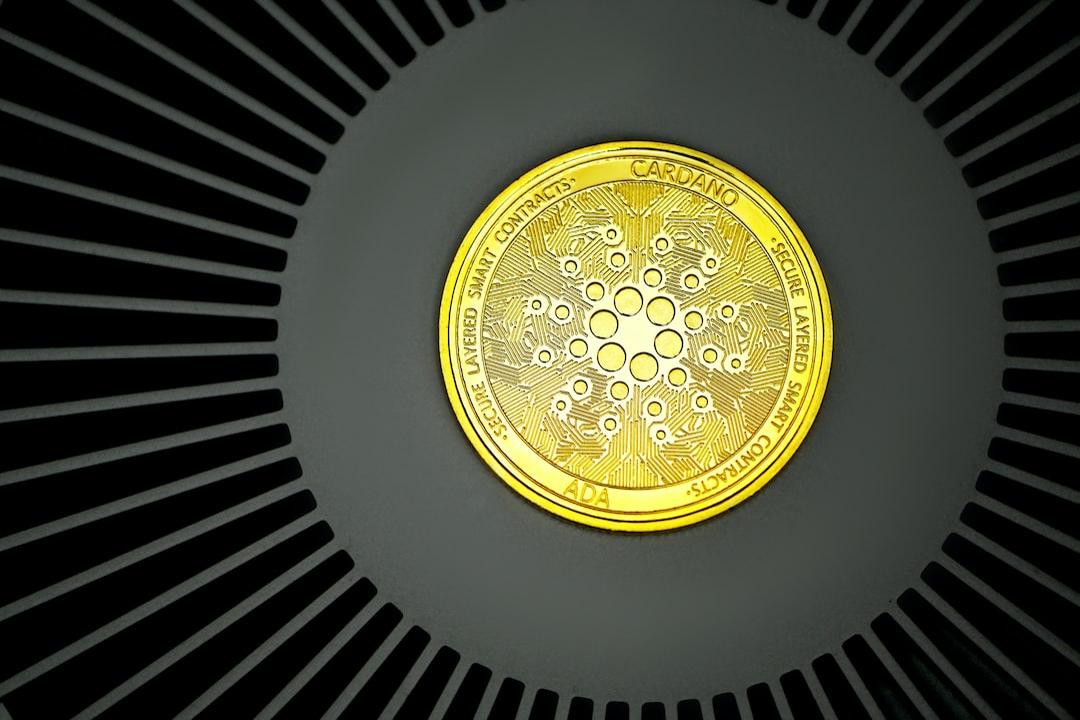Demuth: Trump Tariffs Not Protectionist
Eric Demuth, CEO of cryptocurrency exchange Bitpanda, argues that U.S. President Trump’s tariff policies are less about protectionism or geopolitics, as many critics assert, and more about managing the U.S. government’s massive debt refinancing.
In a recent Linkedin post, Demuth asserts that the real motive behind the tariffs is to deliberately slow the U.S. economy, which in turn drives down the 10-Year Treasury Yield. Lowering this yield, currently hovering around 4.20%, is crucial for the U.S. government, which must roll over $9 trillion in maturing Treasury bonds by the end of 2026.
“That rate is the number that matters,” Demuth states. “Every single basis point shaved off means billions saved in interest over the next decade.”
Demuth contends that the only effective way to lower this yield is to engineer an economic slowdown. While tariffs are typically seen as inflationary in the short term, he believes that their large-scale implementation will ultimately trigger a recession, leading to lower inflation expectations and reduced demand for capital, thus driving down yields.
“What seems like protectionism might actually be a recession strategy,” Demuth argued. “The U.S. government is facing a massive refinancing wave.”
As reported by Bitcoin.com News, many critics argue Trump’s “reciprocal” tariffs are inflationary and will push the U.S. into recession. Billionaire Ray Dalio says the tariffs could lead to global stagflation and significantly alter U.S.-China trade relations. In a commentary following the commencement of the Trump administration’s reciprocal tariff regime, Dalio appeared to agree with Trump’s belief that this move would direct more revenue into government coffers.
However, according to Demuth, the recession strategy is intended to suppress yields now, refinance trillions at a lower cost, and then shift to stimulus mode to revive the economy. He draws parallels to the 2020-2021 period, when quantitative easing and near-zero interest rates fueled a risk-on rally.
“We’ve seen this movie before,” Demuth wrote. “That won’t happen again until this refinancing cycle is complete—and until the 10-Year Yield is under control.”
Trump’s Yield War
Many economists view the 10-year Treasury yield as a benchmark for various other interest rates, including those on mortgages, corporate bonds, and other loans. Changes in this yield significantly influence borrowing costs across the economy. It is also seen as an indicator of investor sentiment about the economy’s future health, with a rising yield signaling expectations of stronger economic growth and inflation.
Some economists, however, express concern about the impact of government debt and fiscal policy on the 10-year yield. According to these economists, large government deficits, like that inherited by the Trump administration, can put upward pressure on yields.
Demuth warns that until this refinancing is accomplished, the market will remain in a tight liquidity environment, impacting risk assets, particularly in the tech and crypto sectors.
“So the next time someone says Trump is ‘starting a trade war,’ look at it differently,” Demuth advises. “This isn’t a trade war. It’s a yield war.”
He concludes by urging market watchers to pay close attention to the 10-Year Treasury Yield Curve, stating that it holds the key to understanding the current economic strategy.






